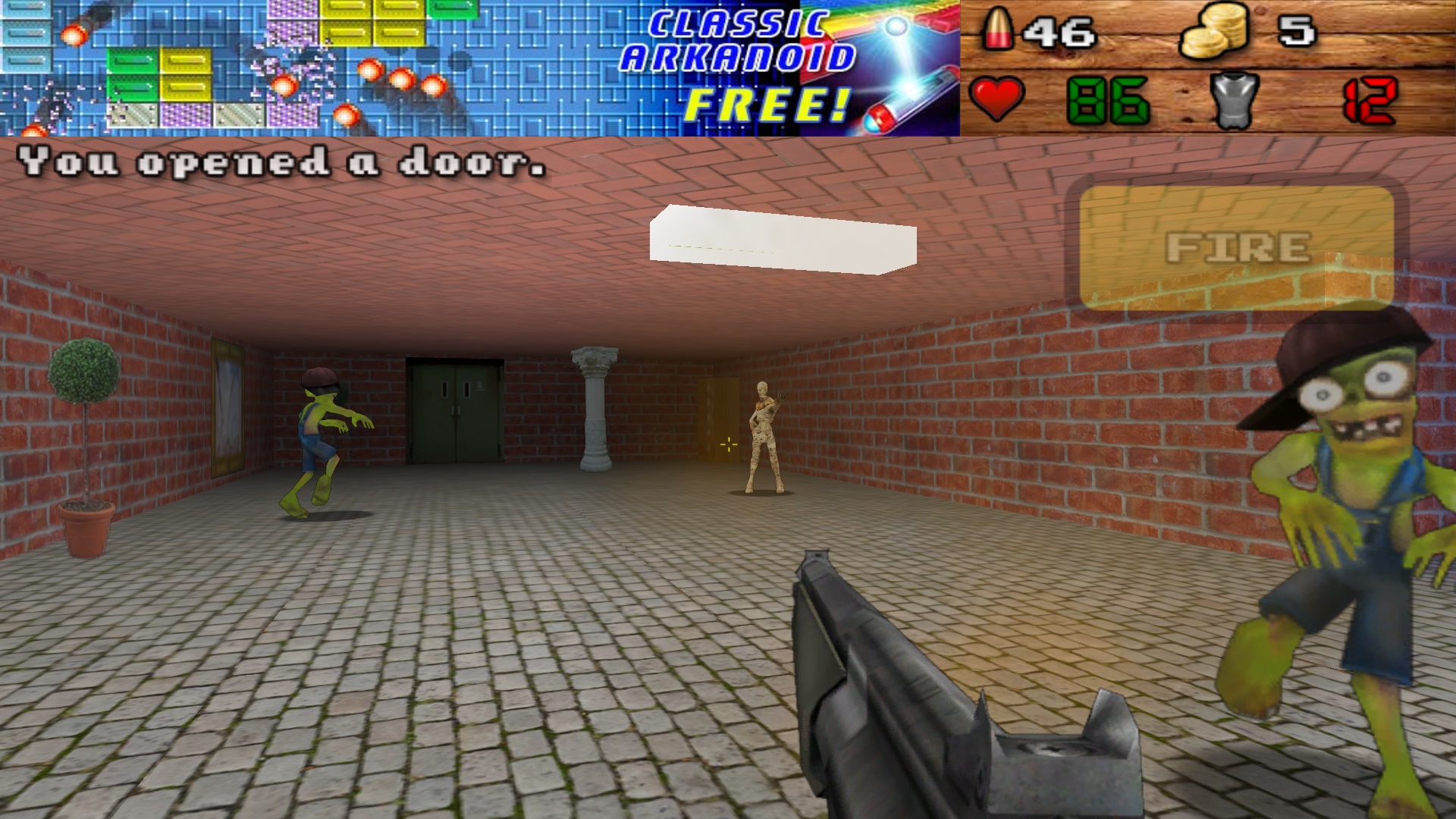
Best Windows 8 apps this week
Fifty-third in a series. A second strong week for Microsoft in regards to new app releases in the official Windows Store. The overall growth remained over the important 1,000 applications mark as 1,346 new apps were published to the store in the last seven days.
This increased the overall app count in the US Windows Store to 88,971 applications. About three quarters of those, 67,785 to be precise, are free to download and install, while the remaining 21,186 are either trial versions, paid apps or desktop programs.
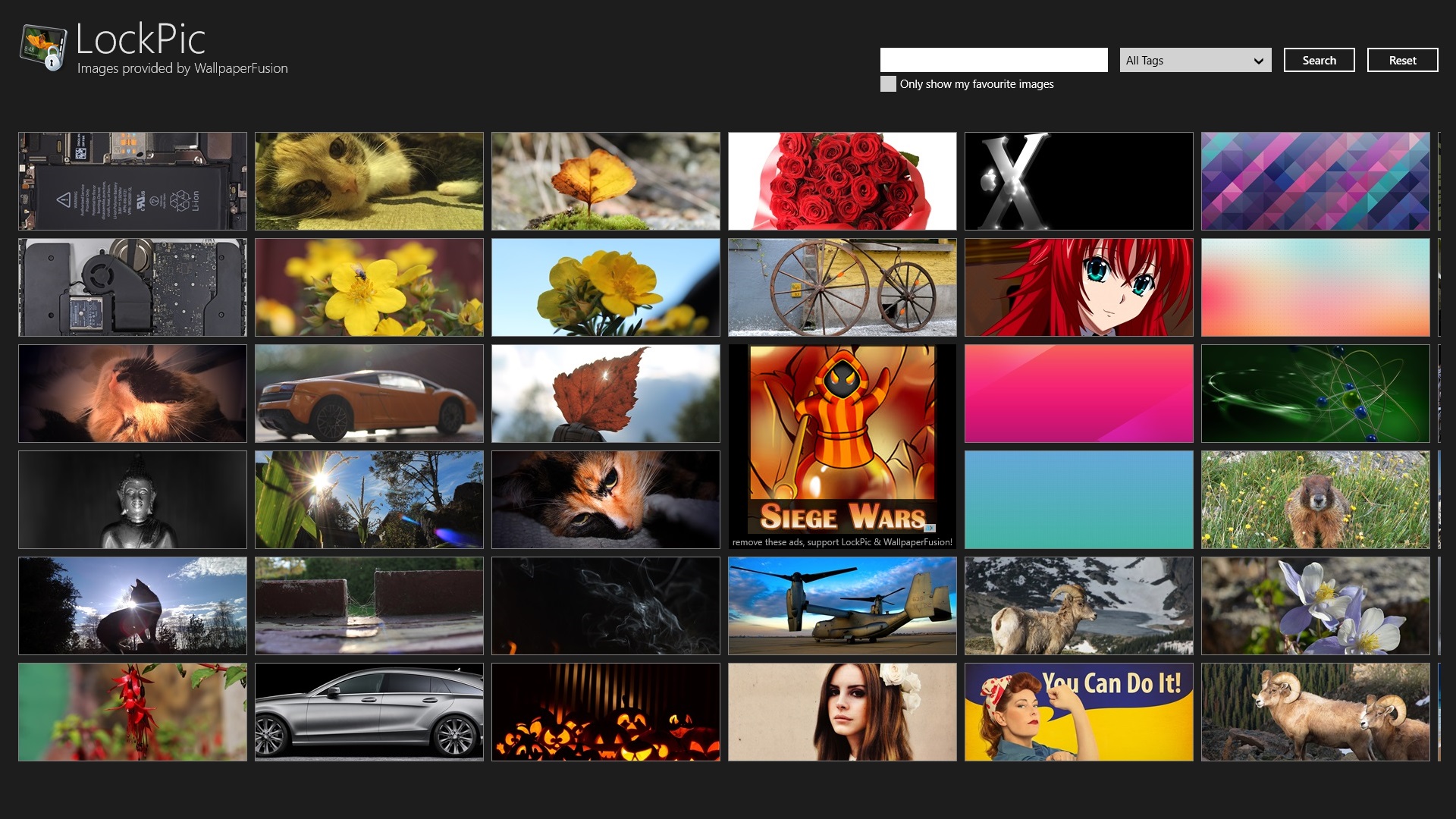
Best Windows 8 apps this week
Fifty-first in a series. Big news this week was the release of Windows 8.1 yesterday, a free update for all Windows 8 users that improves the operating system in several ways.
Among the changes are new tile sizes for the Start screen, a redesigned store interface, and improved API access that application developers can make use of to improve existing apps or create new ones that were not possible under Windows 8.
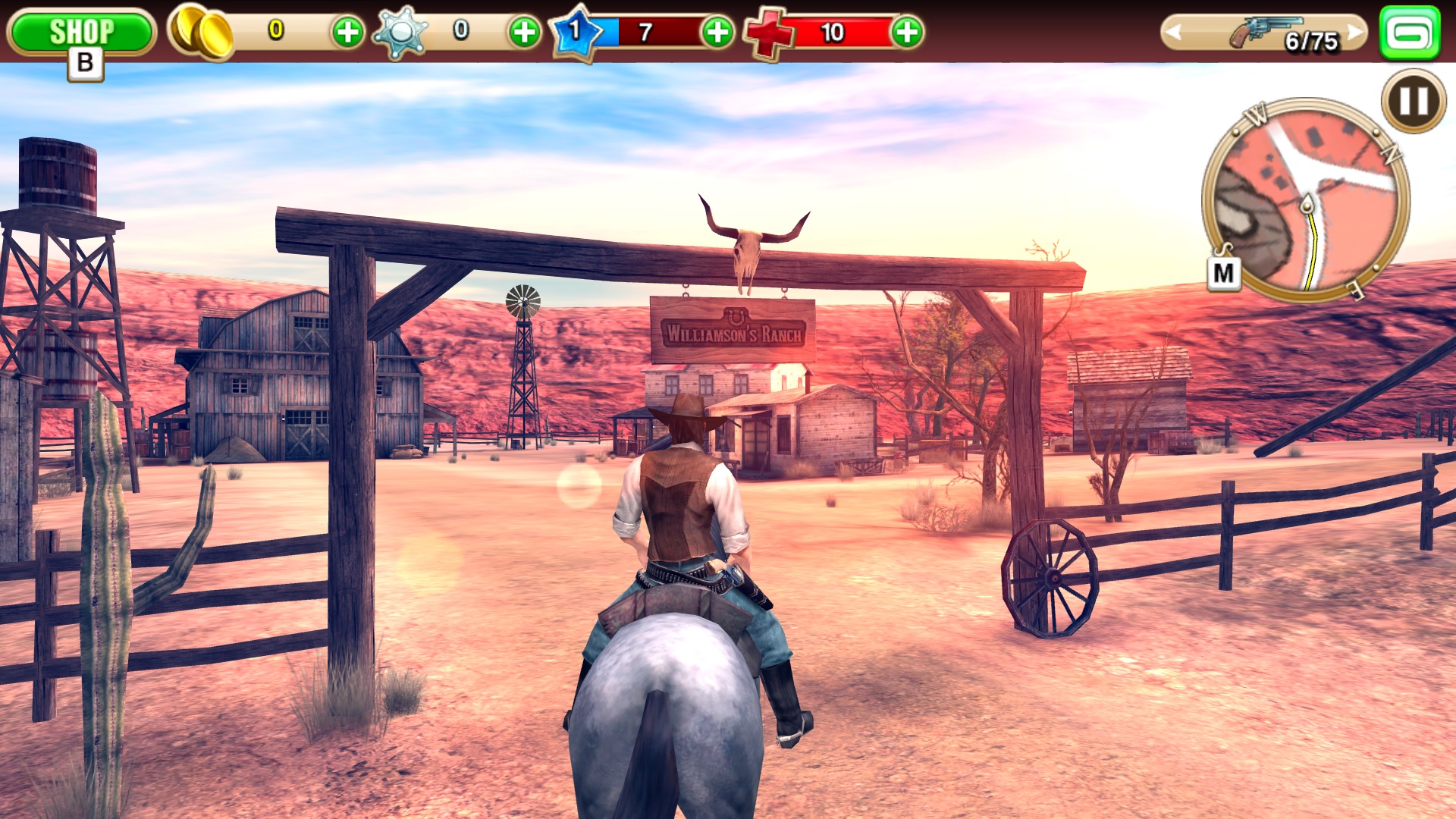
Best Windows 8 apps this week
Fiftieth in a series. The overall growth of Windows 8 applications increased slightly this week, crossing the important 1,000 apps mark for the first time in weeks.
A total of 1,078 new applications were published to the store this week, raising the app count of the US Windows Store to 85,573 apps.
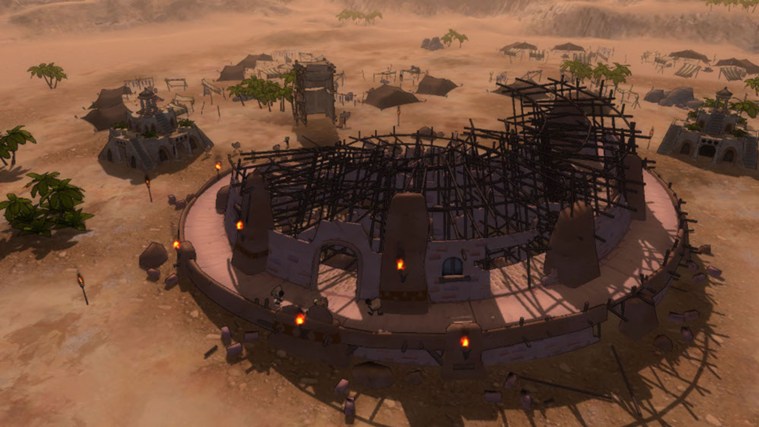
Best Windows 8 apps this week
Forty-ninth in a series. A total of 890 apps were published this week in the US Windows 8 app store, about 70 less than last week but still a lot better than the performance in previous weeks.
The total application count in the US Windows 8 app store reached 84,495 apps at the time of writing. 64,140 of those were free to download and install, an increase by 395 apps this week.
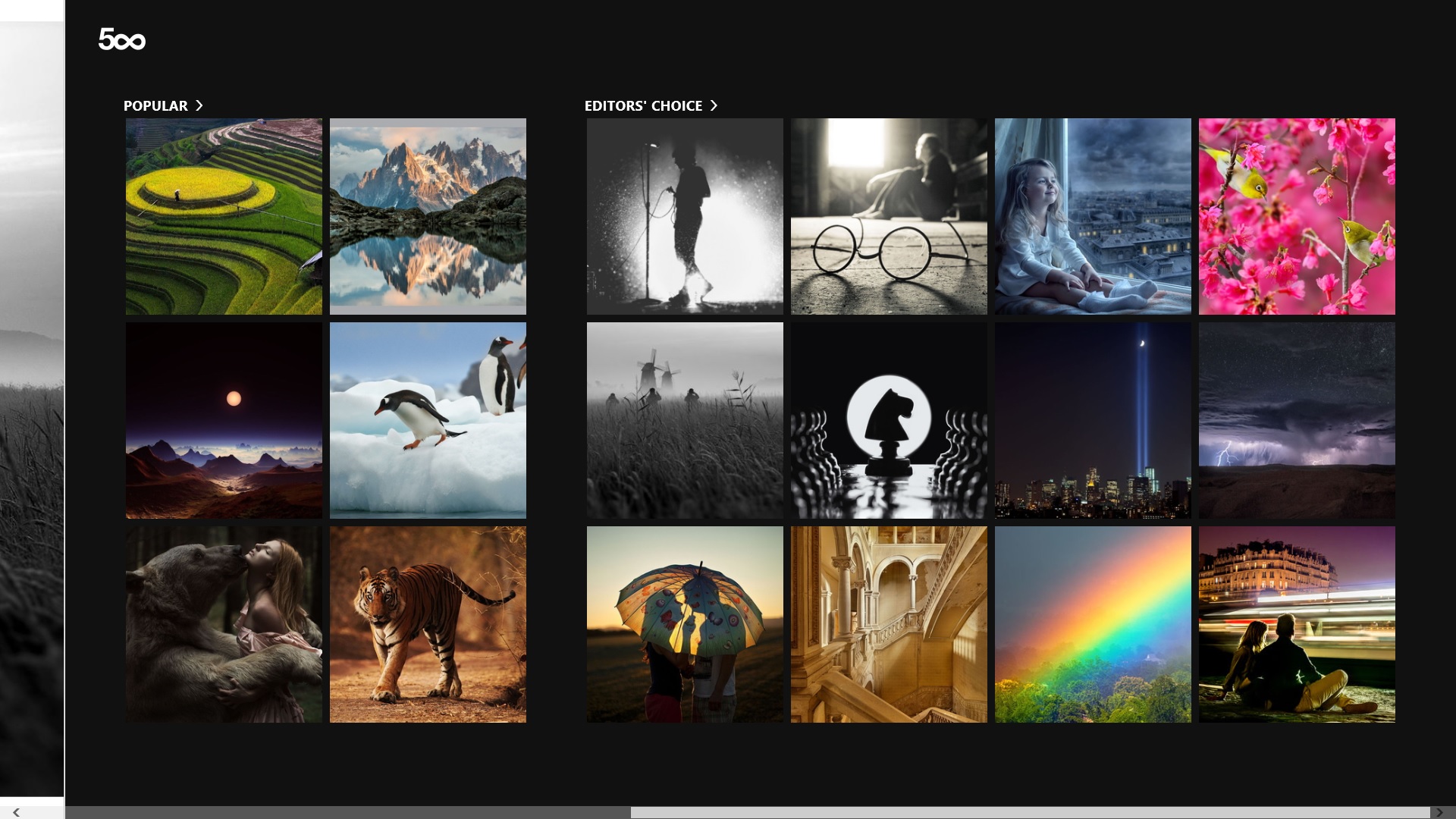
Best Windows 8 apps this week
Forty-eight in a series. Things do not look as grim any more in regards to the overall Windows Store application growth. 964 new apps found their way into the US Windows Store this week.
While still nowhere near the performance of previous months, it seems that things have picked up slightly again.

Best Windows 8 apps this week
Forty-seventh in a series. The overall application growth in the US Windows Store continues to remain under the 1,000 app mark. While that is usually a cause for concern in regards to the platform as a whole, this week has seen the release of a remarkable number of quality apps which is reflected below.
A total of 82,641 apps were listed in Windows Store at the time of writing, an increase of 693 apps in the last seven days.

The most popular stories on BetaNews this past week -- September 8-14
Big news came from Apple and Microsoft this week. Microsoft seemingly had a change of heart; having previously said that Windows 8.1 RTM would not be made available before its official launch date, the company announced that it would be released to people with TechNet and MSDN subscriptions.
The same group of people also gained access to the pre-release version of Skype. Microsoft was clearly in a very giving mood this week as the company also announced that it was giving free copies of Office 365 to non-profit organizations.
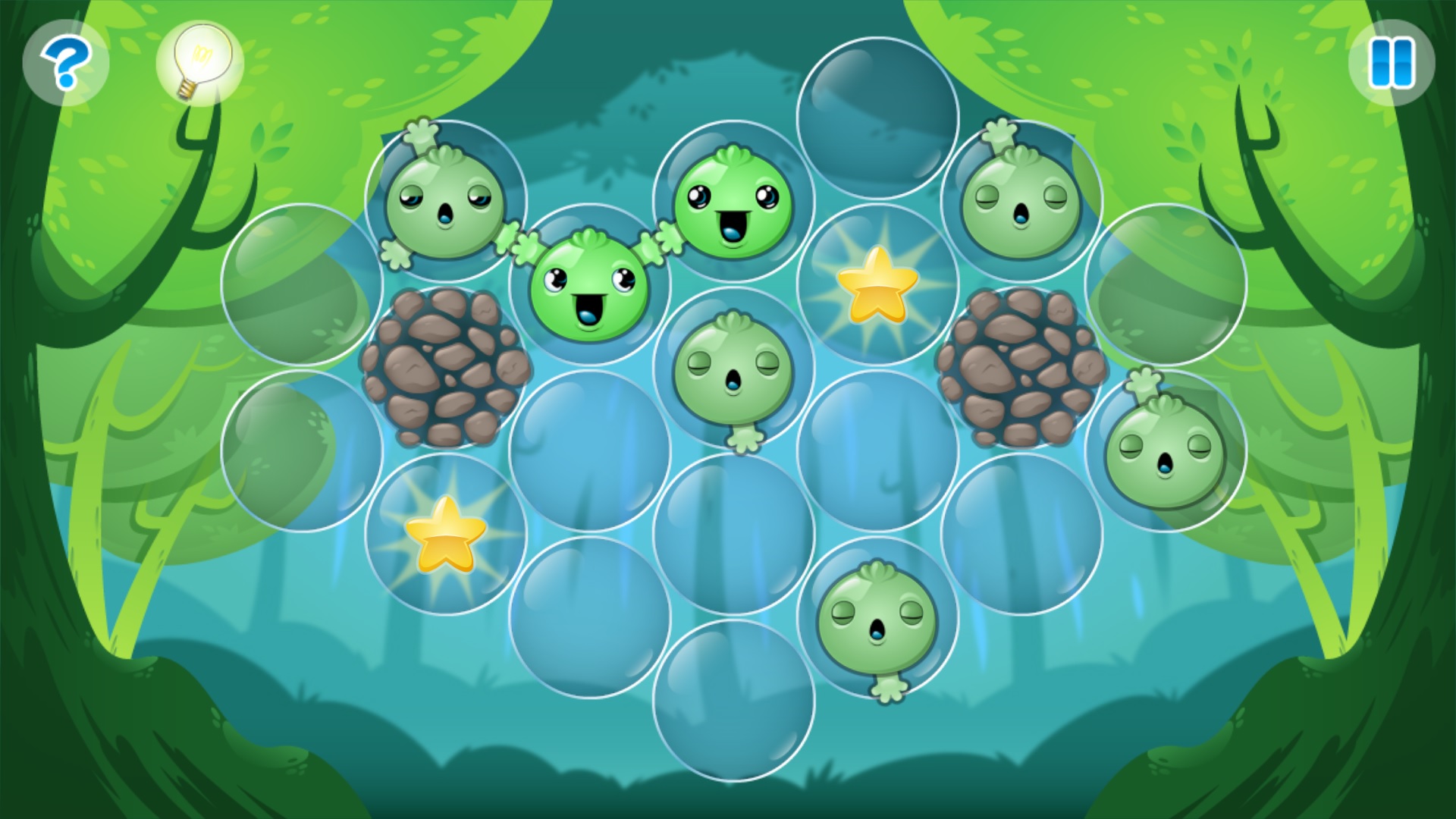
Best Windows 8 apps this week
Forty-sixth in a series. The app growth this week fell under the 500 new apps mark when you look at the numbers. That is however only half of the story, as Microsoft seems to have removed quite a few applications from its store. The games category for instance lists 250 apps less than a week before.
The company must have removed more apps than this though, as new apps found their way into the games category this week as well.
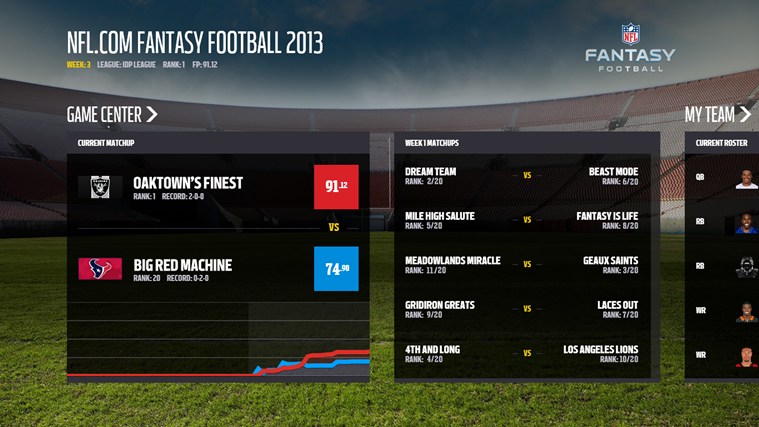
Best Windows 8 apps this week
Forty-fifth in a series. The application growth stayed below the 1,000 apps mark for the fifth week in a row. A total of 924 new apps were published in the Windows Store this week, with the majority of them in the Lifestyle and Books & Reference category.
Many of the apps published in those two categories are audiobooks that you can purchase or copies of the same app published over and over again in the store.
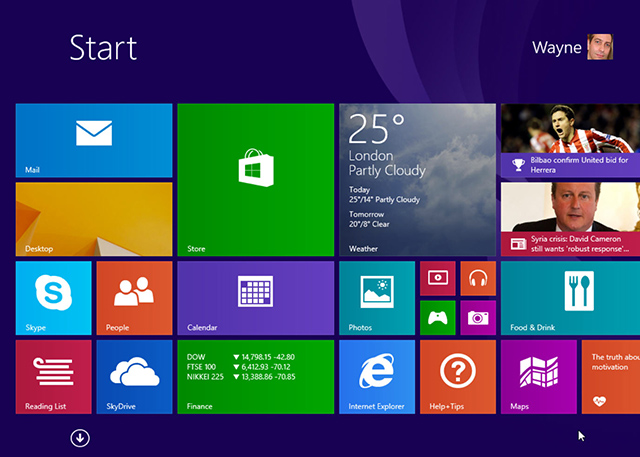
Why I love Windows 8.1
Eighth in a series. It feels weird admitting this. Akin to declaring a fondness for Piers Morgan, or dancing in public to One Direction, almost. But I like Windows 8.1. A lot.
I was never a fan of Windows 8. In fact I'd go so far as to say I detested the Modern UI which on my uber-fast desktop system simply got in the way when I was trying to work and slowed me down or tripped me up. Every time I wanted to do something simple like launch a program it insisted on throwing me out of the desktop and into a weird tiled nightmare I couldn't wait to wake up from.
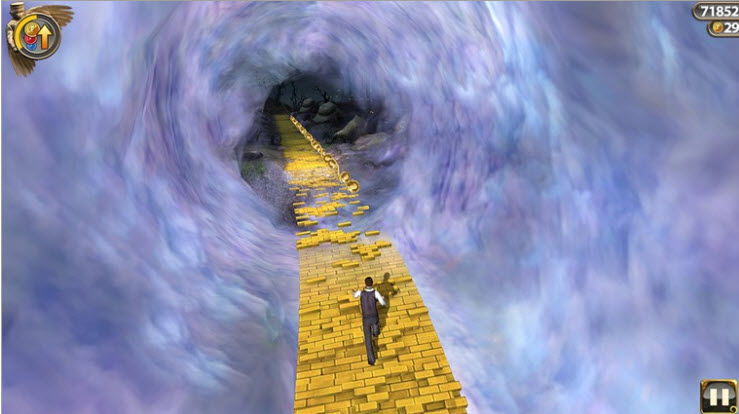
Best Windows 8 apps this week
Forty-fourth in a series. The overall application growth has improved slightly this week in the US Windows Store. A total of 812 new apps found their way into the store, roughly 150 more than last week's performance.
The important 80,000 apps mark was surpassed this week for the first time. Users now have access to 80,605 apps in the US store. 61,898 of those are free to download and install, while 18,707 are paid applications. The free application count rose by 512 apps this week, the paid app count by exactly 300 new apps.
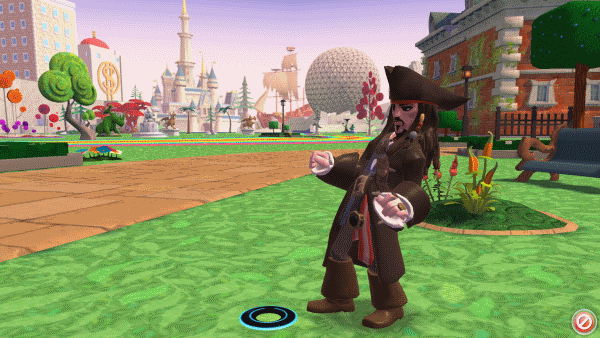
Best Windows 8 apps this week
Forty-third in a series. The overall application growth has not improved this week at all, making it the third week in a row in which app growth stayed below the 1,000 apps mark.
A total of 633 new apps were published to Windows Store this week, up only 20 apps from last week's weak performance. The total number of apps in the store is closing in on the 80,000 apps mark with 79,793 apps in total available in the US Windows Store.
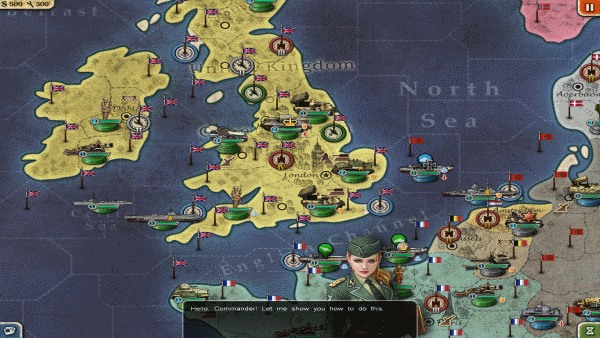
Best Windows 8 apps this week
Forty-second in a series. If you thought that last week's application growth was bad, you may be even more disappointed this week as it took another dive. Only 613 new apps were published this week, down another 117 apps from last week's weak performance.
The total app count rose to 79,130 apps this week, with 61,062 of them free to install and 18,068 commercial. Free apps grew by 537 apps this week and paid apps by only 76.
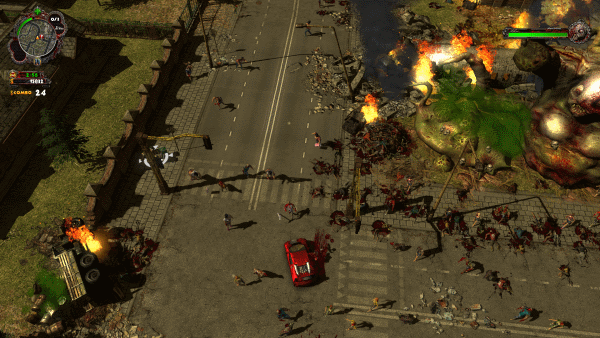
Best Windows 8 apps this week
Forty-first in a series. Microsoft has finally added an option to search for apps in your web browser. Up until now, you had to use the official Store app on Windows 8 for that or a third party service. While there is still no option to browse apps by category or filter by price, it is a step in the right direction. It makes my life a lot easier for example as I can now grab links right from the search interface and do not have to use search engines for that anymore.
Microsoft cannot be happy with the current app growth rate in Windows Store, and this is probably one of the core reasons why it launched the App Builder Rewards program for Windows Phone and Windows 8. It is currently only open for developers in the US though but will provide developers with options to earn points that they can exchange for rewards.
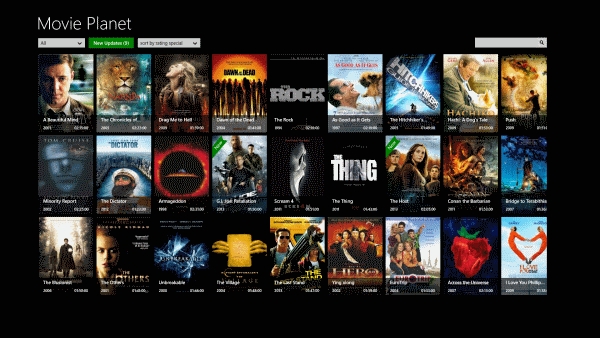
Best Windows 8 apps this week
Fortieth in a series. This week I have both good news and bad news for you. As far as the bad news goes, it was one of the weakest app growth weeks in the history of the Windows 8 operating system. The new application count fell under the 2,000 mark this week, but not only that, it barely made the 1,000 new apps mark.
77,787 apps are listed in the US Windows Store at the time of writing, only 1,019 apps more than last week. The free app count in the store increased by 759 apps to a total of 59,988, while paid apps increased by only 250 to 17,626.
